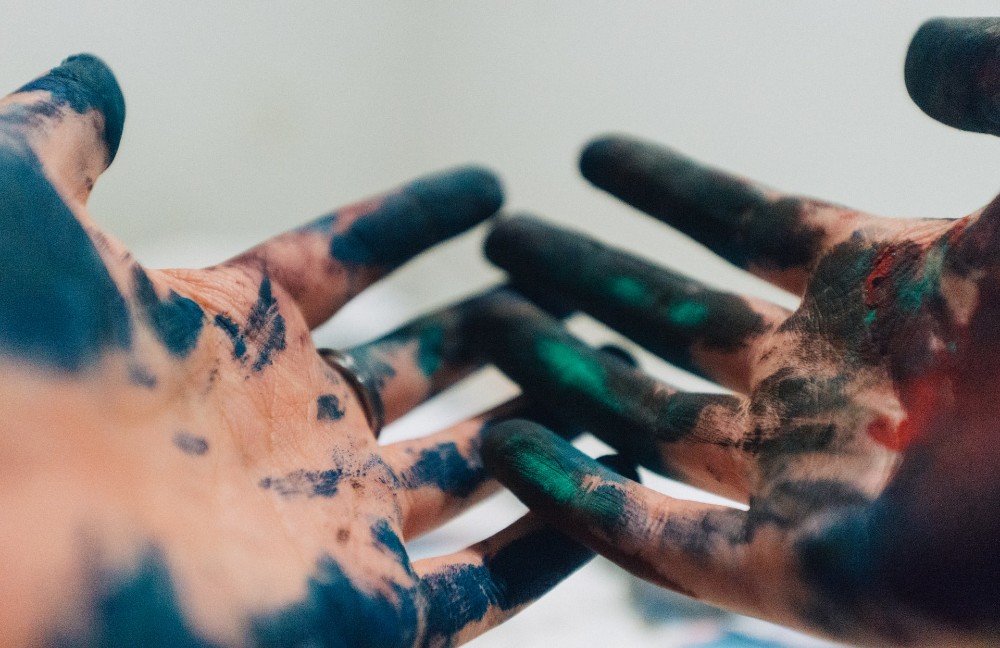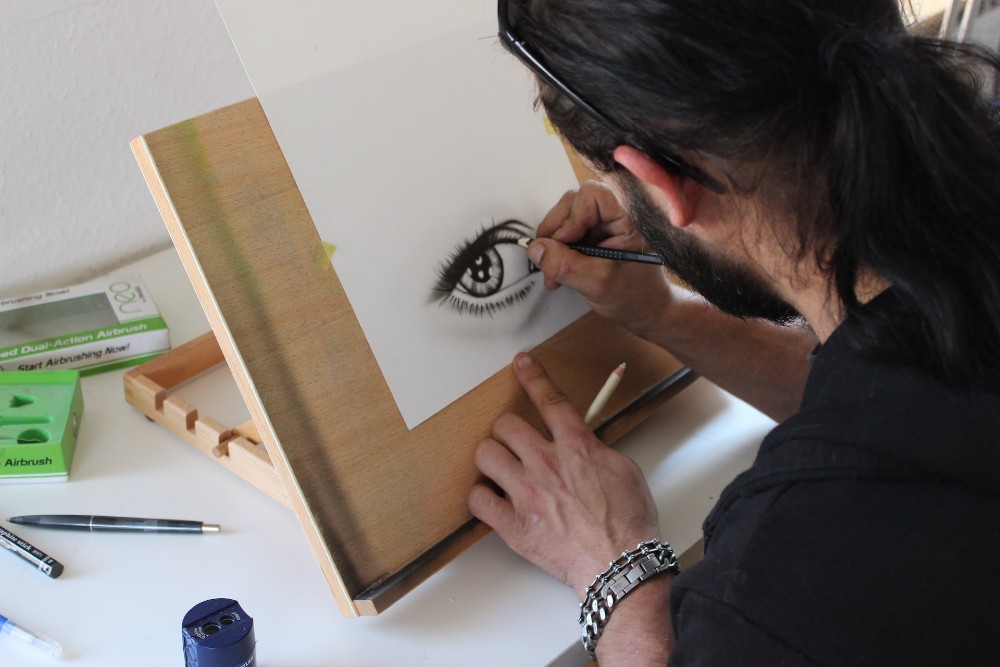
We are a reader-supported education publication. When you buy through links on our site, we may earn an affiliate commission to help us keep providing content.
Creative students interested in obtaining an art degree might be met with a flurry of arguments about why they shouldn’t. For years, the consensus has been that art degrees are worthless if you hope to have a successful career.
In some ways, the argument holds true as the field itself is rather cut-throat. However, there are also several advantages of an art degree. Before you enroll in an art program at your school or decide that another major is more practical, consider these six factors.
1. Art Degrees are Popular
Despite negative perceptions surrounding art degrees, thousands of students pursue them annually. In 2020, there were 155,339 art degrees conferred in the United States — a 1.33% year-over-year (YoY) increase.
With so many students majoring in art, one would think there would be a more positive outlook — and there is. Contrary to popular belief, art degrees can prove valuable, with today’s most prominent CEOs having arts and humanities backgrounds.
For example, Chipotle’s founder and former CEO Steve Ells obtained an art history degree at the University of Colorado. Meanwhile, Andrea Jung — the former CEO of Avon — has a degree in English literature.
2. There are Several Degree Options
Art degrees aren’t one size fits all, with several disciplines for students to consider. Some of the more popular art specializations and interdisciplinary studies include:
- Art history
- Painting
- Sculpture
- Printmaking
- Interior design
- Graphic design
- Architecture
- Photography
- Computer animation
- Film production
It might be worth your time to research double majoring in another field, such as business or marketing, to better leverage your degree when applying for employment.

3. You’ll Gain Desirable Skill Sets
Whoever said art degrees are impractical has little idea about the versatile skills students acquire throughout their programs, such as:
- Creativity
- Analytical thinking
- Presentation skills
- Ability to think from multiple perspectives
- Visual communication
- Empathy
- Working with various media
- Problem-solving
- Collaboration
While art majors will certainly learn technical skills related to their specific vocation, their soft skills are applicable across all industries.
According to the Future of Jobs Report 2020 by the World Economic Forum, creativity is the fifth most desirable skill employers are looking for in applicants.
Artists are also known for instilling empathy in others through their work, fostering deeper human connections and transformation. Today’s business leaders recognize the importance of empathy in the workplace, as only 69% of employees reportedly worked in an empathetic office in 2022 — a 3% drop from the previous year.
4. Creative Jobs are Limited
Creative fields are commonly known for being ultra-competitive and hard to come by. According to one survey, fine arts majors have the worst prospects regarding opportunities and earnings — fine arts majors have an unemployment rate of 9.1% and an average salary of $40,855.
Additionally, the U.S. Bureau of Labor Statistics (BLS) projects a mere 2% job growth rate by 2031, with only 20,500 new positions available.
However, art majors shouldn’t box themselves into becoming painters and sculptors. In fact, there are several other careers you can leverage your art degree, for example:
- Art director
- Art teacher or professor
- Creative director in advertising or marketing
- Graphic designer
- Interior designer
- Architect
- Museum curator or archivist
- Program coordinator of an arts program
- Video editor
- Producer
- Animator
- Communication director
- Digital content manager
- UX designer
Rather than solely focusing on your artistry, it’s helpful to pursue an art degree to learn how to apply more of an artistic vision across different industries, an essential trait for fostering innovation in the workforce.
5. You May Need to Supplement Your Income
With the inflation rate hovering above 8% — the highest it’s been in 20 years — more Americans are struggling to afford the essentials, such as gas, groceries and bills.
According to a recent survey by Bluecrew, 57% of U.S. workers are seeking additional positions or side gigs to supplement their incomes, with 65% expected to look for new jobs with higher pay in 2023.
Art majors might pursue their degrees with the hopes of becoming well-recognized artists. However, according to Comparably, even successful artists who make $3,591 per month will apply 69.78% of their monthly wages toward rent. If the average monthly rent for a two-bedroom apartment costs $2,506, that leaves just under $1,100 left over for other expenses.
No one should give up on their dreams of having their work hang in people’s homes, but you should prepare yourself to take on a second or third job to make ends meet just in case.

6. Higher Degrees May Open More Doors
Students might find unique ways to use an art degree. For example, with a greater awareness surrounding mental health, some graduates might want to become art therapists. Art therapists utilize art to encourage creative self-expression and reflection to help their patients through their struggles. However, students must graduate with a master’s degree to enter the field.
Enrolling in a graduate program could be your ticket to a lucrative career. Students can pursue a master’s degree in an art program or transition to another field, such as mental health counseling or business.
If you’re questioning whether an art degree is worth the time and money spent, it could be with graduate education. Master’s degree holders earn about 17% higher than bachelor’s degrees across all industries.
Although pursuing a higher degree doesn’t guarantee eligibility for more employment opportunities or higher pay, art majors may give themselves a better chance of success.
So, Is an Art Degree Worth it? It Depends
Even the loudest arguments against art degrees are no match for passion. If you’re deadset on becoming an artist or pursuing a related career, an art degree can be worth it, after all.
latest in learning!
Get the latest updates in learning, teaching and everything in between! Whether you're a student or an educator, we offer the inspiration you need to fuel your classroom experience.









